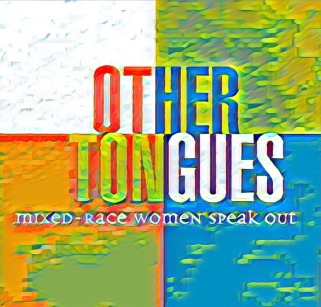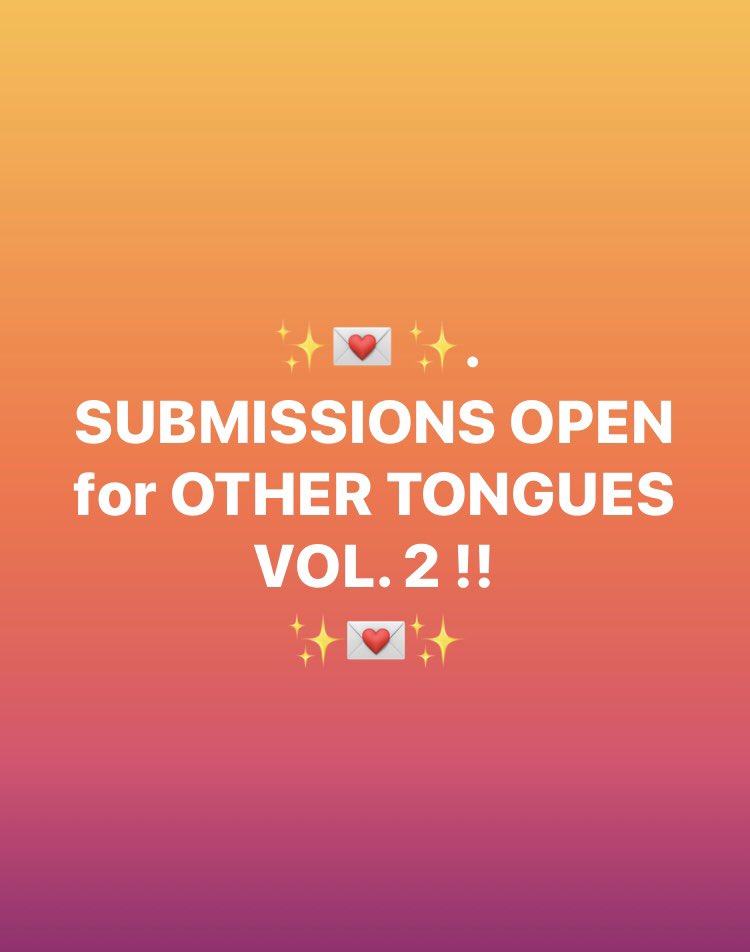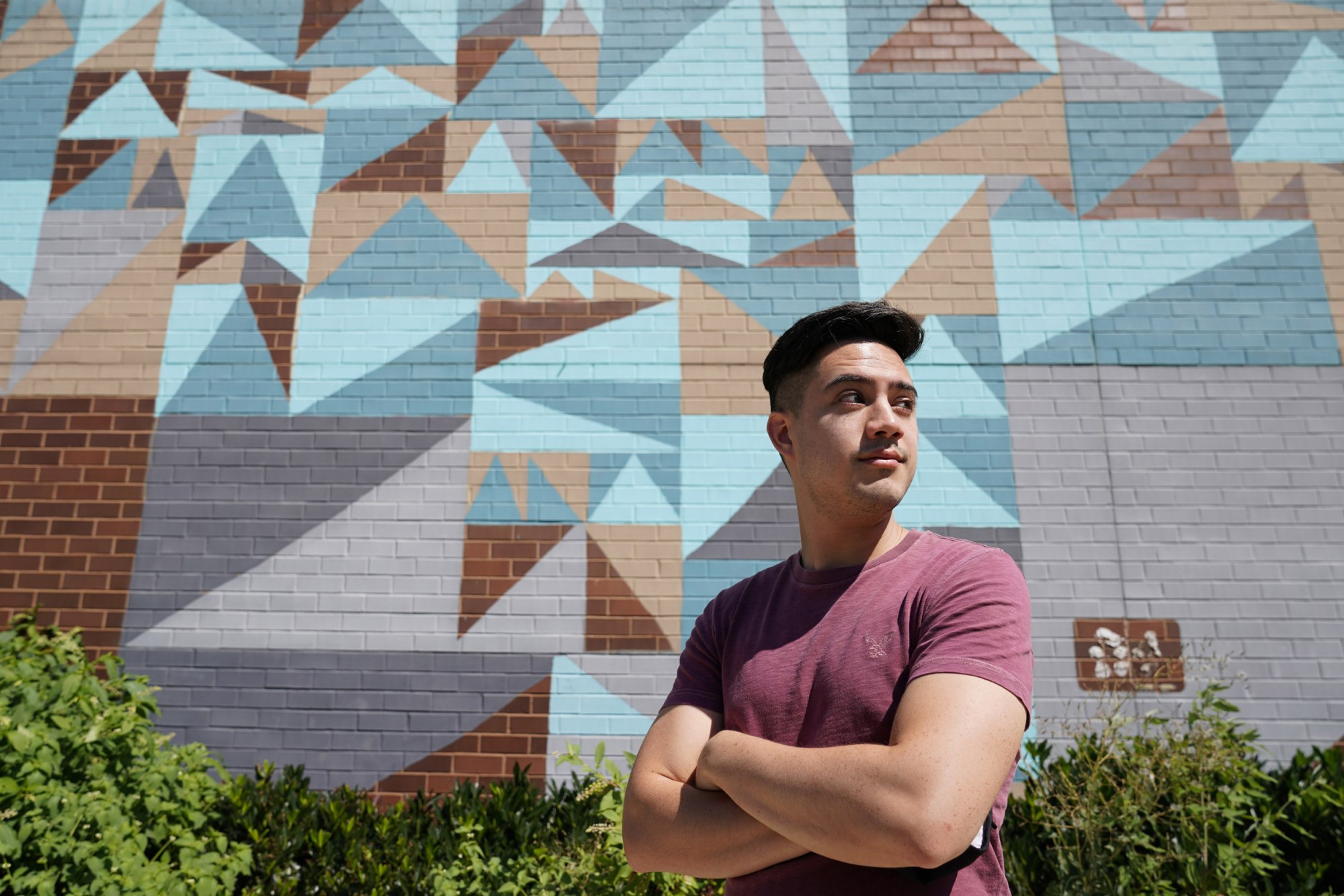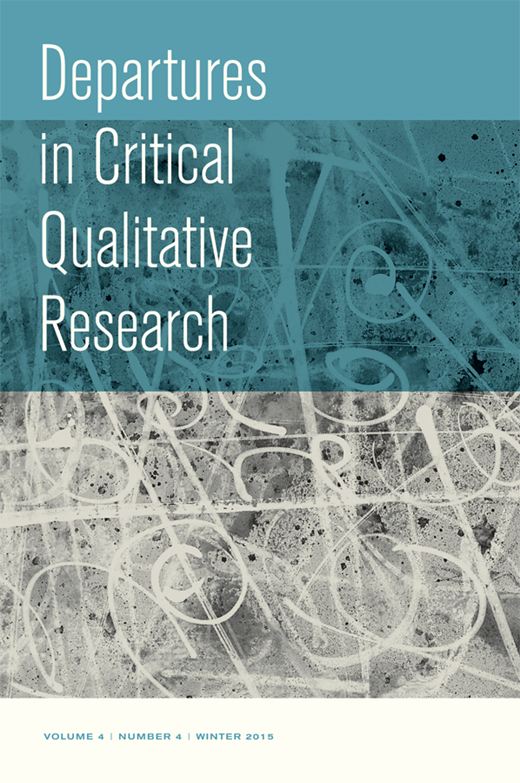Graduate Dissertation Recruitment – Biracial/Bicultural IndividualsPosted in Identity Development/Psychology, Media Archive, United States, Wanted/Research Requests/Call for Papers on 2020-09-29 00:18Z by Steven |
Graduate Dissertation Recruitment – Biracial/Bicultural Individuals
Kimberly Foley, M.S., Clinical Psychology Doctoral Candidate
Florida Institute of Technology, Melbourne, Florida
2020-09-26
I am a doctoral student of Florida Tech’s Clinical Psychology program in Melbourne, Florida. Under the supervision of my faculty chair, Dr. Felipa Chavez, a licensed clinical psychologist, and faculty of color, who is well-versed in socio-cultural issues, I am conducting a research study designed examining healthy biracial/bicultural and multiethnic identity formation in relation to one’s sense of belonging and psychological well-being and functioning. As a biracial graduate student, the daughter of an Irish-American father and a Mauritian mother, I am intimately aware of the unique experiences and socio-cultural skill sets that afford biracial/bicultural individuals the ability to successfully and seamlessly navigate multiple cultural contexts with a fluency in communication, also known as code switching. Such skill sets are often developed as a function of upbringing, in which biracial/bicultural individuals must learn to successfully straddle and integrate two divergent worlds of majority and minority culture.
Embedded in such Biracial/bicultural identity success is a greater understanding for one’s two divergent heritages of majority and minority culture, which must successfully learn to communicate, and be at peace with one another. As such, the goal of the current study is to validate the psychometric properties of a newly configured measure of bicultural identity development. In addition, it is hoped that focus on the adaptive strategies garnered from healthy biracial/bicultural and multiethnic identity formation, will shed light on ways to ameliorate the tensions precipitated by our nation’s racial divide; bringing forth psychological healing to a national epidemic of racial trauma, which compromises both the physical and psychological health of this nation’s citizens.
We are requesting that adult (18 years and older) biracial/bicultural individuals, with one parent who identifies as a Caucasian, please invest their time and commitment to filling out this online survey. The survey is estimated to take 45-60-minutes, because their stories greatly matter to us. With the survey being online, participants will be able to select the time and place that is most convenient for them within the next few weeks. Participants will be able to complete this survey by using their mobile phone or desktop computers through the link here. In exchange for their time, Participants who complete the survey can enter a drawing for three chances to win a $50 (USD) Amazon gift card.
This study has been approved by Florida Tech IRB: #20-069
IRB Contact Information: by Dr. Jigna Patel, IRB Chair (jpatel@fit.edu)

:format(webp)/cdn.vox-cdn.com/uploads/chorus_image/image/67204490/Book_Announcement_Template.0.jpg)







